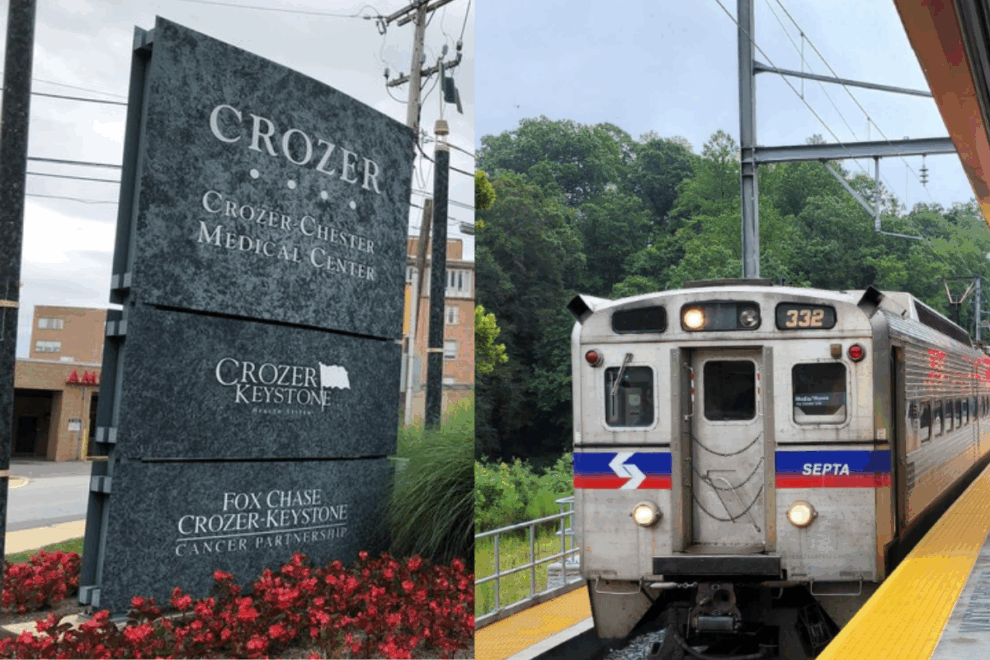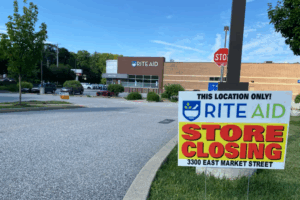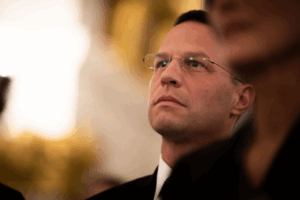The governor is facing pressure from constituents to address two major concerns.
Governor Josh Shapiro is currently facing two major issues in Pennsylvania, and both are in Philadelphia.
SEPTA’s anticipated budget deficit and the sudden closure of Crozer-Chester Medical Center are creating funding issues and health care strain across the region.
The Crozer-Chester Medical Center officially closed on Friday.
Committee of Seventy President and CEO Lauren Cristella said, “I think we’re in a moment where there’s a crisis in confidence in government and its ability to provide basic services and meet the basic needs of its citizens. When people believe that government isn’t performing for them, the highest profile person, whether they blame it on the president, they blame it on the governor… it’s oftentimes that our most prominent leaders get the blame.”
Prospect Medical Holdings declared bankruptcy earlier this year and closed their hospitals in Chester and Ridley Park.
Over 33,000 residents in Chester, nearly 71% of them Black, are left without an emergency department or hospital services.
State Senator John Cane, a Democrat of Delaware County, posted on social media, “Time and again we negotiated in good faith. However, dealing with Prospect has been like responding to an ever-changing ransom note – they continuously demanded more from taxpayers and those who desperately need these hospitals to remain open.”
In 2022, the General Assembly stopped transferring hundreds of millions of dollars in tolls collected by the Pennsylvania Turnpike to pay for public transportation across the Commonwealth.
Two prior attempts to restore that funding failed to pass the Republican-controlled Senate, and Shapiro searched for a solution in highway funding in November to resolve SEPTA’s current budget deficit.
A projected $206 million shortfall for the fiscal year beginning in July puts SEPTA at risk of suspending some services.
Jerrett Johnson of Cobbs Creek said in a recent interview that he is concerned for himself and his neighbors that utilize the Route 31 bus for public transportation.
Johnson said, “For future reference, it’s up to [Shapiro] to save transit funding. That’s going to have a negative impact on Black voters especially because a lot of Black people don’t have a car.”
Johnson and Cristella are both urging those concerned about SEPTA’s future to write to their elected officials.





